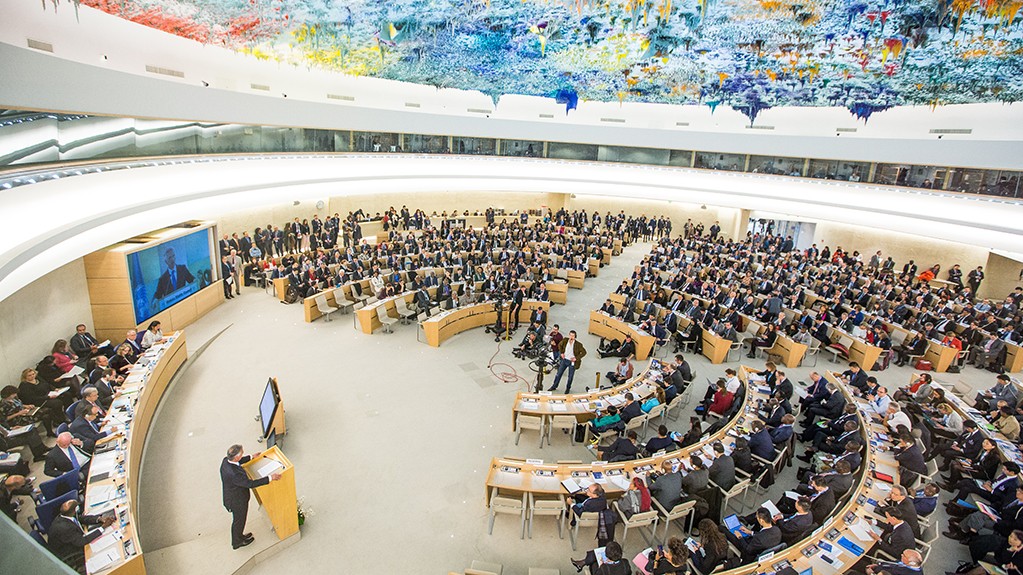The representative office of Georgia at the United Nations responded to the plan of adopting Russian law by the ruling Georgian Dream. In a statement, the UN expresses deep concern about the reintroduction of the Foreign Influence Transparency bill in parliament.
News
The adoption of the mentioned bill, as highlighted by the UN, will endanger the activities of civil society and the media, undermining their crucial contributions to the development of Georgia's democracy and society as a whole.
“Civil society organizations in Georgia have been at the forefront of delivering essential services to the most vulnerable and helping protect their human rights. Stigmatizing their work risks leaving persons with disabilities, internally displaced, minorities, older persons, women, youth and children, survivors of domestic violence and other people in need without effective assistance and support.
The UN has been a trusted partner for over three decades, supporting the country’s development in line with Georgia’s own national priorities and assisting the people of Georgia together with all our local partners, including civil society and media”, the statement says.
The organization draws attention to the analytical assessment of the OSCE/ODIHR Office for Democratic Institutions and Human Rights, which states that the draft law does not comply with the spirit of Georgia's international obligations.
Considering Georgia's current membership in the UN Human Rights Council, the Parliament of Georgia is urged to withdraw the draft law and engage in broad, inclusive, and meaningful consultations with all stakeholders on the relationship between the state and civil society.
“At the same time, the United Nations expresses concern that the parliament used an accelerated procedure to abolish mandatory electoral gender quotas.
In addition, the United Nations in Georgia expresses regret that the Parliament opted to use an expedited procedure to abolish mandatory gender quotas in parliamentary election lists. The temporary measure of a gender quota has been a long-standing recommendation to Georgia of the UN Committee on Elimination of Discrimination against Women to compensate for women’s systemic exclusion from political decision-making. The abolition of quotas is a step back for gender equality.
We urge the Georgian authorities to take all the necessary steps to avoid actions that run counter to Georgia’s international obligations and that risk having a chilling effect on Georgian democracy,” UN stated.















